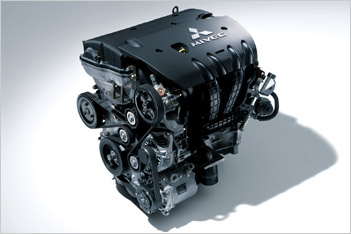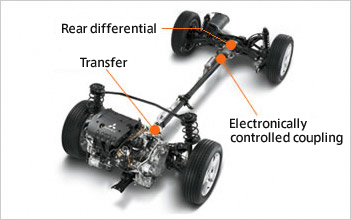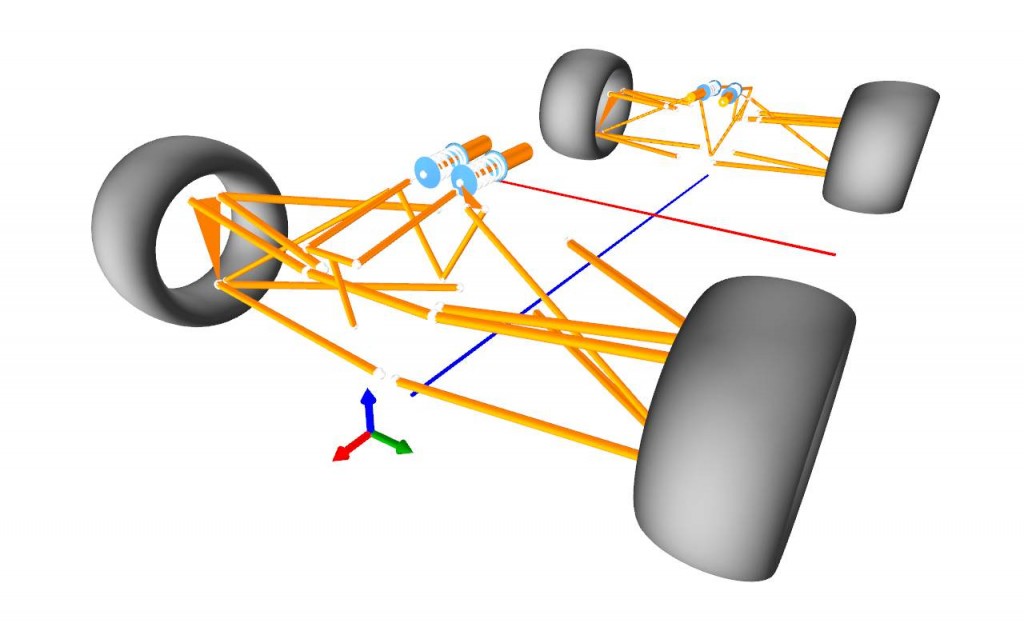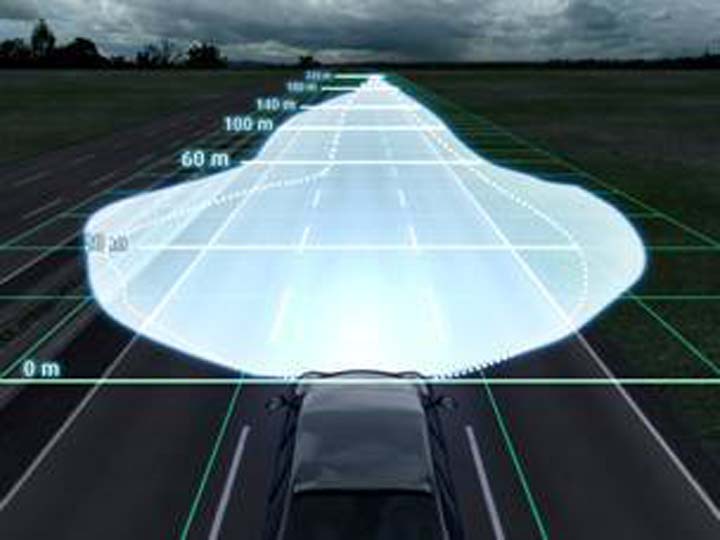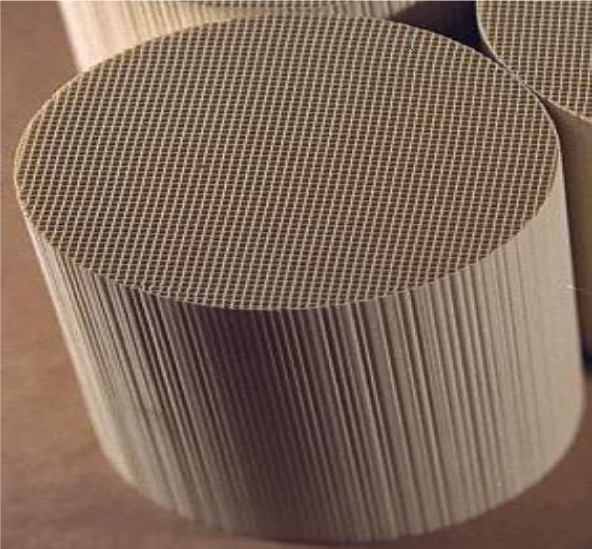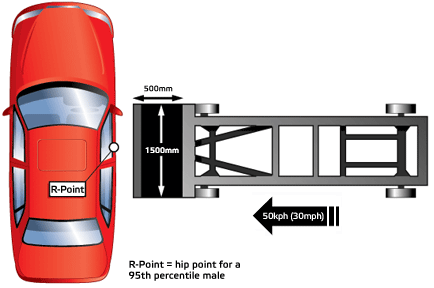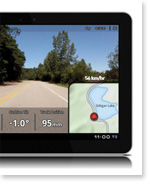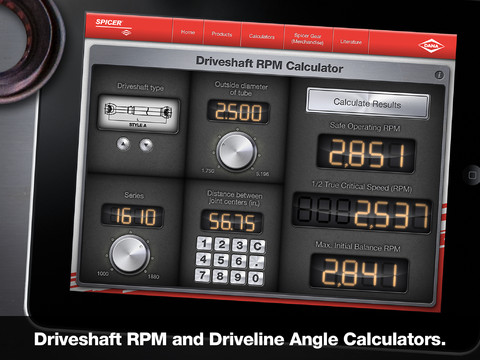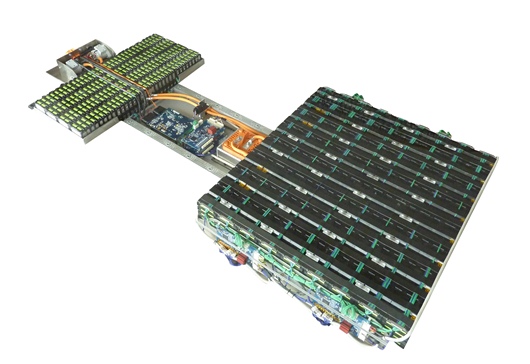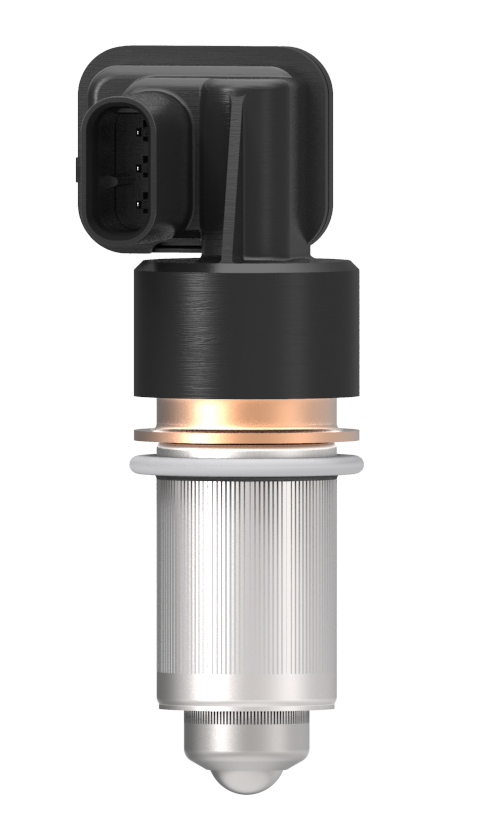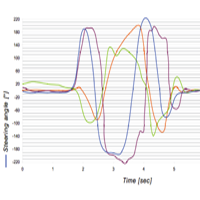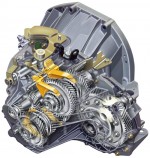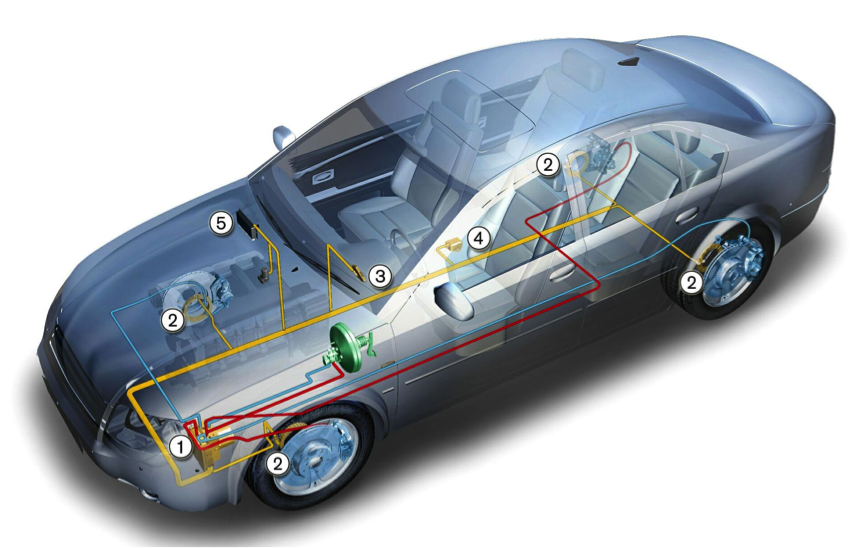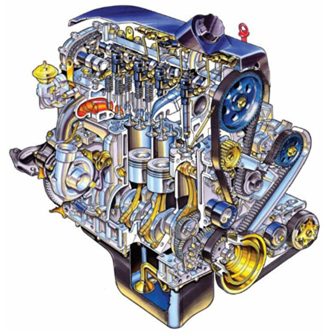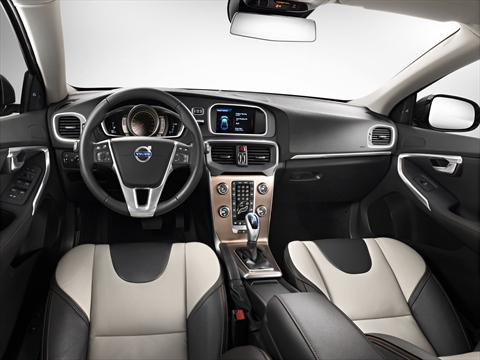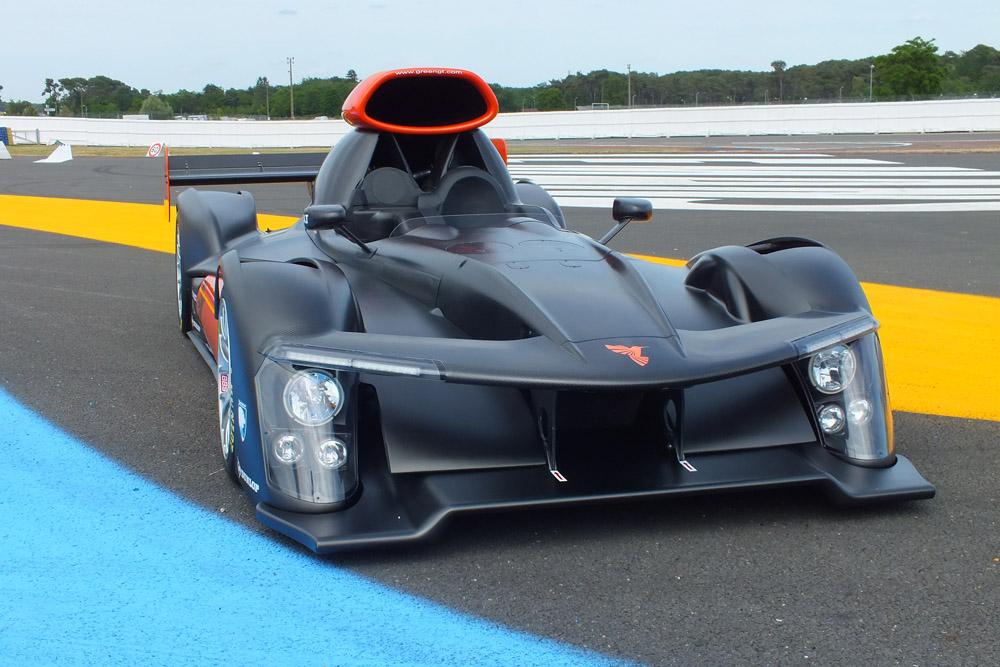Federal-Mogul Powertrain has developed a range of piston technologies designed to support heavy-duty diesel engine manufacturers in reducing fuel consumption and meeting the emission requirements of Euro-6 and beyond. Advanced piston architectures, manufacturing processes, materials, and treatments that increase durability and reduce friction have been applied to both steel and aluminum pistons. Federal-Mogul will present its range of piston products at the IAA Commercial Vehicles Show in Hannover from September 23rd to October 2nd 2014, hall 13, stand C28.
“The higher peak cylinder pressures (PCPs) used to increase combustion efficiency are only made possible through advances in piston technology that provide durable solutions under increased thermal and mechanical loads,” explained Norbert Schneider, director, Piston Application Engineering, Federal-Mogul Corporation. “In addition to enabling more efficient combustion, our pistons contribute to further reductions in fuel consumption and CO2 emissions by operating with reduced friction.”
Pistons made from aluminum or steel address different challenges due to their individual properties with aluminum being lighter and conducting heat better, and the higher strength of steel offering advantages when faced with very high peak cylinder pressure. Aluminum is still the first choice for smaller sizes of 120 mm or below whereas steel is the established solution for truck applications with bore sizes of 130 mm or more. A gradual trend is also visible for steel piston applications in the mid-size bore sector, especially for PCPs in excess of 210-220 bar.
“While we are the world’s largest supplier of steel pistons for heavy-duty trucks, our extensive range of proprietary technologies for aluminum pistons means we can provide customers with a greater choice of products when PCP is lower than around 220 bar” said Arnd Baberg, Chief Engineer, Piston Product Engineering.
Aluminum Piston Technology
Federal-Mogul has extended the performance of aluminum pistons by improved cooling through advanced architecture that locates the oil-cooled gallery closer to the critically hot region. This has been made possible by 2D ultrasonic inspection techniques that ensure consistent casting quality in finished piston.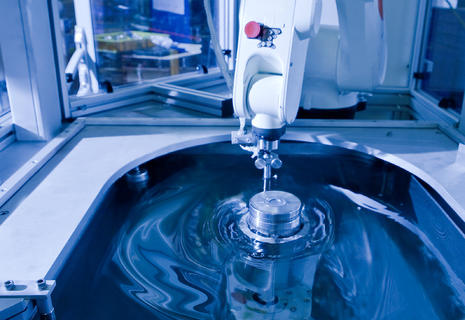
The combustion bowl strength of any diesel piston often limits the maximum temperatures and pressures that can be safely used because fatigue cracking of the bowl rim and bowl base can occur, originating at free silicon particles in the aluminum. Federal-Mogul’s proprietary DuraBowl® process uses a controlled re-melting of the bowl rim and/or the bowl base to refine the grain size of the silicon to just one tenth of its original size, significantly extending the fatigue life of a cast piston.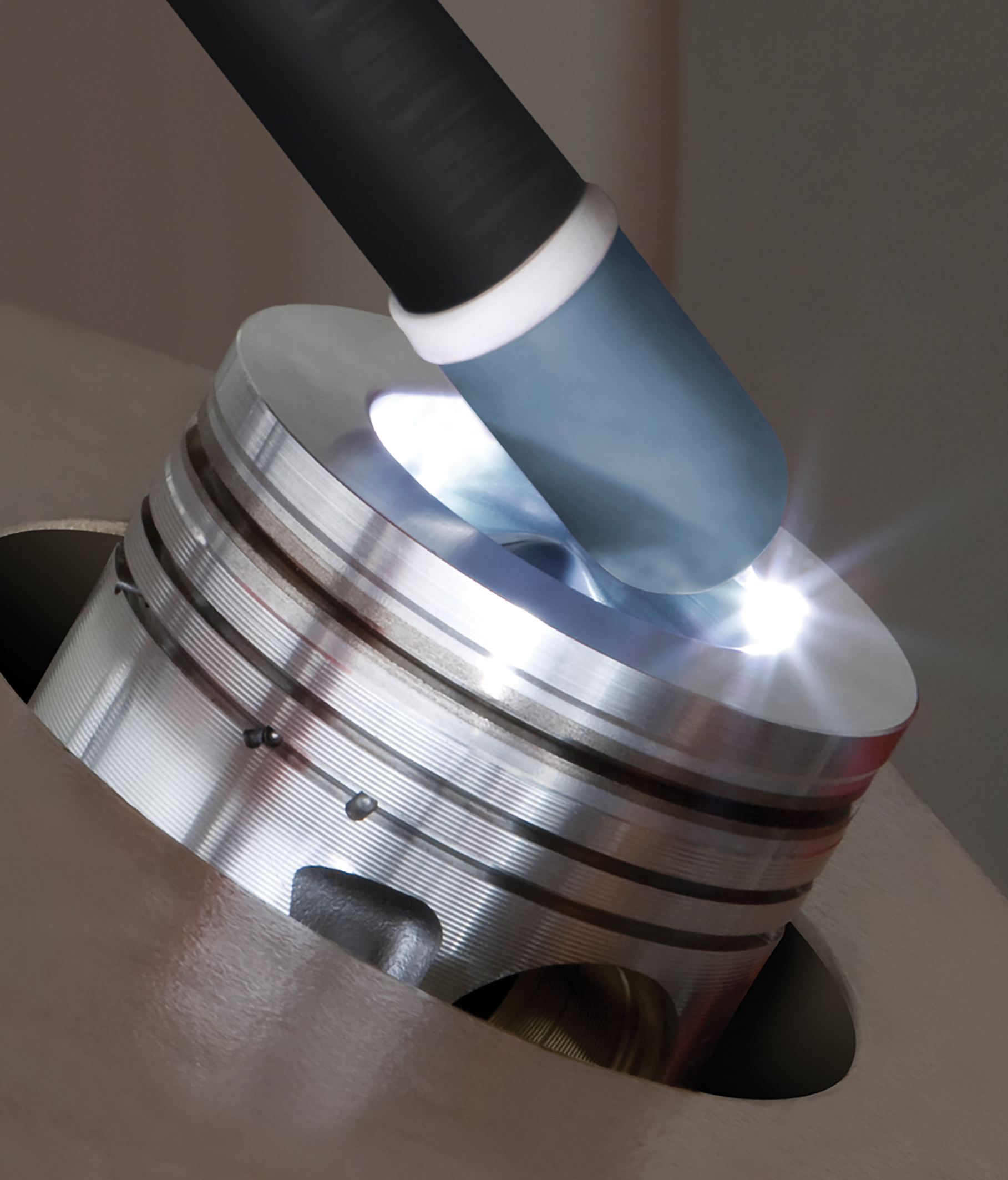
To improve engine efficiency, Federal-Mogul has developed the EcoTough® Diesel coating that reduces friction between the piston skirt and bore surface by up to 13 percent, compared with conventional graphite coatings. EcoTough® Diesel uses solid lubricants and a carbon fiber reinforced polymer base to provide lower friction, higher scuff resistance and improved wear resistance.
Steel Piston Technology
Tested at up to 300 bar PCP, Federal-Mogul’s Monosteel® pistons use the latest evolution of the company’s friction-welded architecture, that enables superior cooling efficiency and minimum weight.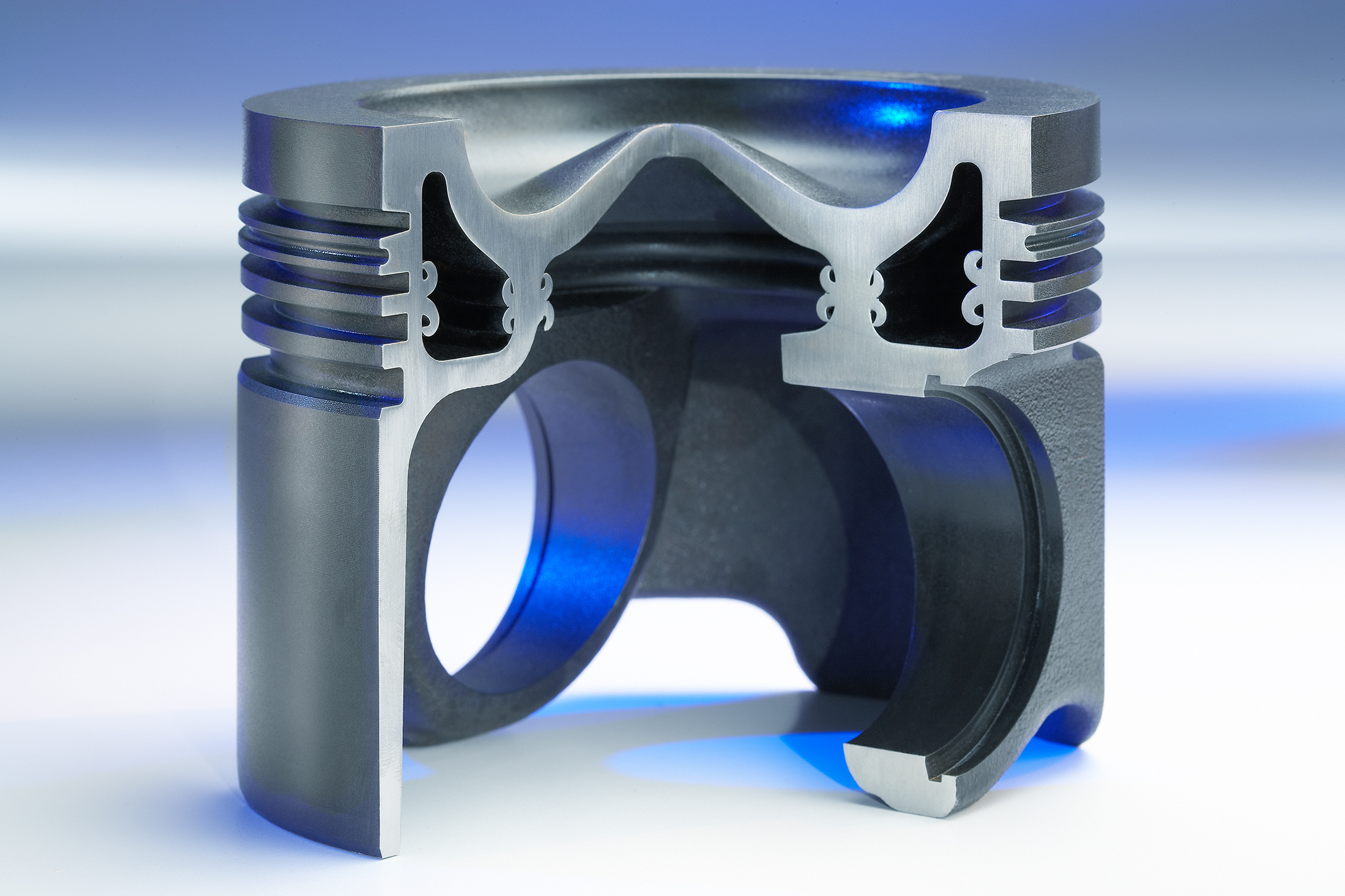
The high loads carried by the piston pin in modern heavy-duty engines means almost all pistons require a highly precise pin bore without using pin bore bushes. Federal-Mogul has developed a unique process using High Precision Electro-Erosion Machining (HPEEM) which removes an exact amount of material, thus precisely shaping the piston pin bore, enabling improved load capacity and reliability.
Steel pistons are available with the same EcoTough® Diesel coating that reduces friction on aluminum pistons. In addition, Federal-Mogul has developed a bowl-protecting coating which contains nanodiamonds in a chrome layer to reflect heat and reduce carbon build-up and bowl rim erosion.
“Because we are market leaders in the technology of both steel and aluminum pistons for heavy-duty diesel engines, we can provide the optimum solution for each customer without compromise, based solely on meeting the specific requirements of the application,” said Schneider.
Source: Federal-Mogul
Romain’s opinion:
With the development of dual stage turbo technology and the increasing importance of engine efficiency, I believe that more and more truck manufacturers will choose to stay with steel piston technology, to be able to withstand higher and higher PCPs. Which technology you think will be leading the mature markets? Will it be the same for engine developed for emerging markets?

